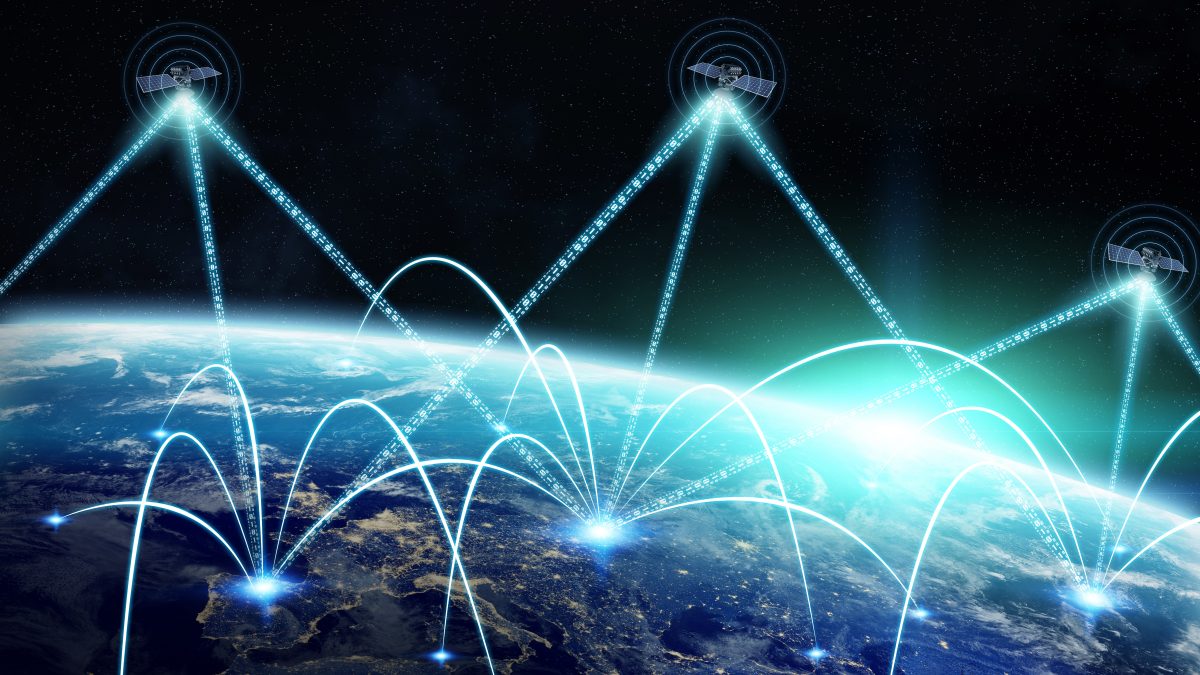When it comes to space, the news is often dominated by the antics of billionaires keen to secure their legacies.
Yet blasting oneself into the stratosphere, as appealing as that may be, is not the only dimension of space. Spaceborne technologies are increasingly forming many aspects of our daily lives, supporting everything from global telecomms, to your Deliveroo rider using Global Positioning System (GPS) data.
Telescope images of deep space are also inspiring and enhance our understanding of the universe. Meanwhile on Earth, intensive agriculture and deforestation are transforming the land surface, driving climate change.
We need to reduce the impact of – and adapt to – these damaging environmental activities.
To do this, companies and governments are investing in sustainable agriculture, and nature-based solutions, which include reducing deforestation, increasing reforestation, and restoring peatlands in order to suck in harmful carbon emissions.
This requires data to pinpoint where best to create new mitigation projects, and to monitor those projects’ performance over time.
In vast and remote regions of the world, the only way to do this cost effectively is to use satellites, which can now acquire imagery of those hotspots daily.
Some satellites have a spatial resolution of 30cm, allowing you to see individual trees from space, and machine learning and artificial intelligence techniques are improving decision support and monitoring information.
Scotland has a thriving world-class network of academics, non-governmental organisations (NGOs) and businesses working on the research and commercial development of this information, meaning we are well-placed to tackle global climate change using exciting new technologies, whilst creating high quality jobs at home.
Dr Murray Collins is the chief executive and co-founder of Space Intelligence.




